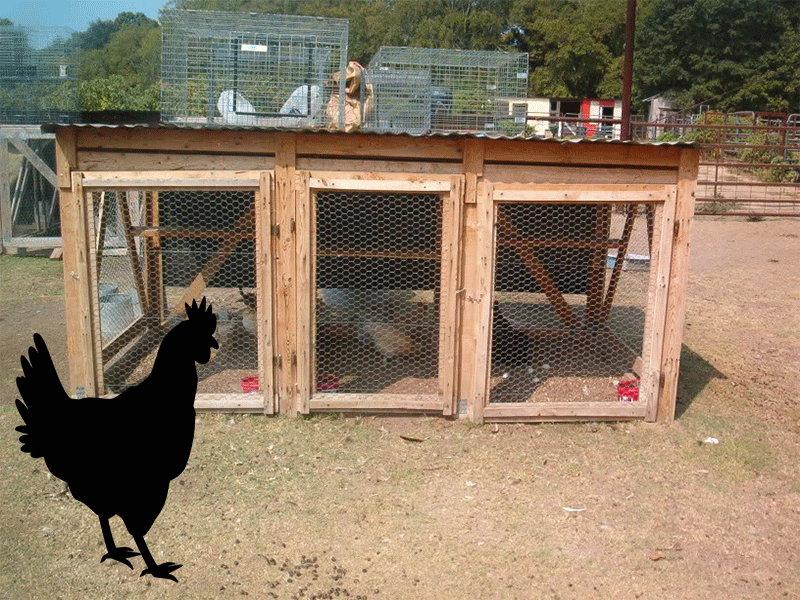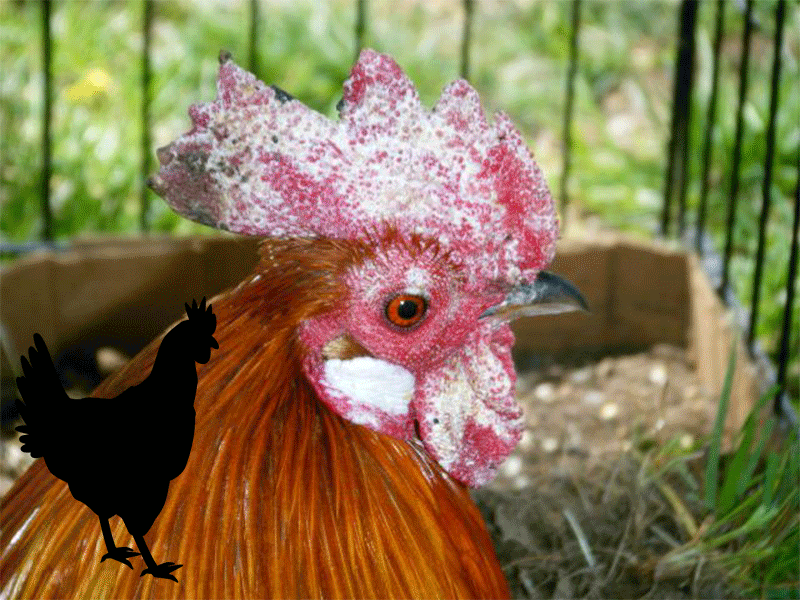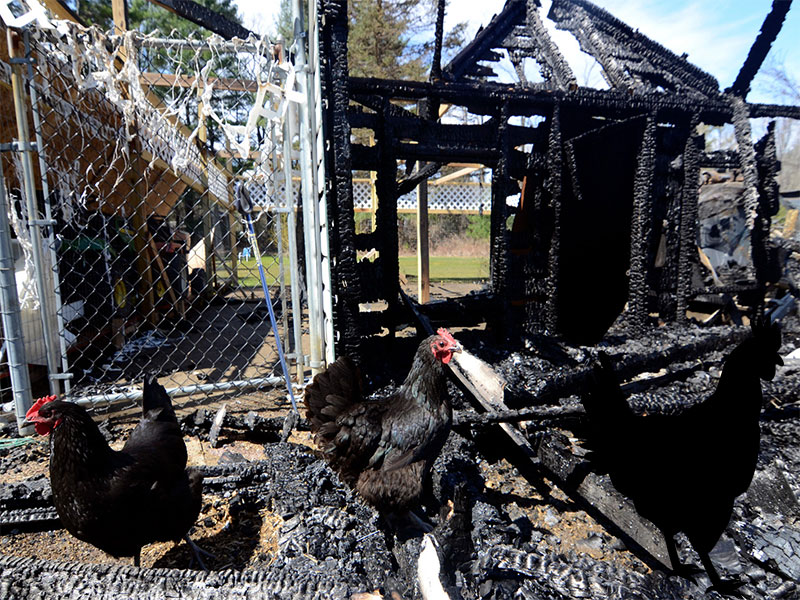If you have kept chickens for some time there are many reasons why you may want to consider breeding your own chickens. It may be that you want to experience the delight of bringing a new life into the world or perhaps you may want to improve the quality of your own flock of birds.
When is the best time to breed chickens?
As long as your hens are laying eggs, you can hatch and incubate chicks all year. However, the most popular and recommended time to breed your own chickens is between February and May.
Buying Fertilized Eggs
If you are unfortunate (or fortunate in some peoples opinions) not to own a cockerel or perhaps you would like to breed a variety of chicken that you do not already own, then purchasing a fertilised egg is your only option. There are a variety of chicken breeders and a wide selection of chicken breeds to pick.
Collect Your Eggs Regularly
If you have already been collecting eggs for eating you may be used to collecting them once a day or so. However, if you are collecting eggs for breeding, it’s certainly a recommended idea to collect your eggs twice or even up to three times a day. This helps prevent eggs becoming dirty and doesn’t allow the hen to accidentally start developing them by sitting on them.
Selecting the Best Eggs for Incubation
If you have collected many eggs, you will need to decide on which eggs to incubate. Remember to consider that you will have a hatch rate between 40 to 80. Half of these can potentially be cockerels.
Check Egg Size
It is recommend to choose eggs that are average in size. If the egg appears too large it may contain a double-yolk. If the egg is very small it may not contain a yolk at all. Just as a guide, a chicken egg should be between 53g to 63g. So a good egg will be within this range.
Check Shell Condition
You should make it a priority to check each egg to make sure that its shell isn’t damaged. Some eggs may have a tiny hairline crack. Unless there is no alternative, these eggs unfortunately should not be incubated. If you are determined to incubate an egg which has a very thin crack, it’s recommend to repair the crack using either nail varnish or sellotape (remember to apply either one of these to the crack itself, not the entire egg). You should check that the eggs don’t display any other shell abnormalities. Particular things to look out for are eggs which aren’t very oval shaped. Avoid oblong, or overly round eggs or eggs with ridges.
How to Naturally Incubate Chicken Eggs
Once you have collected your eggs you will need to decide if you are going to incubate them underneath your chicken or by using an artificial incubator. To incubate the egg naturally, you will need a hen which is prepared to sit on the eggs for an entire three weeks. If a hen was performing this task without human intervention, it would generally become ‘broody’.
How to Make Your Hens Broody
If you prefer the idea of naturally incubating your eggs, then you will need a broody hen to sit on your eggs.You can always try to encourage a hen to go broody by leaving a group of artificial eggs in her nest. You may experience your hen moving off and on the nest. Until finally, she might sit on the nest for at least 24 hours. This is a key indicator to say she is broody. Now all you need are some real eggs under her to hatch.
Once your hen is broody she will become extremely protective over the eggs and ward off predators (you) while trying to prevent other hens from laying in her nest box. Keep in mind she may try and peck you during this time.
Artificial Incubation
If you unfortunately do not have a broody hen or it seems that your hen will unlikely become broody then you can always artificially incubate the eggs yourself. It can slightly more time consuming and complicated to incubate eggs yourself while using an incubators. You will need to check on the egg regularly.
Your new eggs must be turned over 3 to 5 times a day. It’s easier and often more reliable to purchase an incubator with an automatic egg turner. These incubators unfortunately are generally more expensive.
During the incubation process all eggs must be turned over in order for the embryo to develop correctly (hens turn their eggs naturally). If you are turning by hand ensure it’s at least twice a day.




